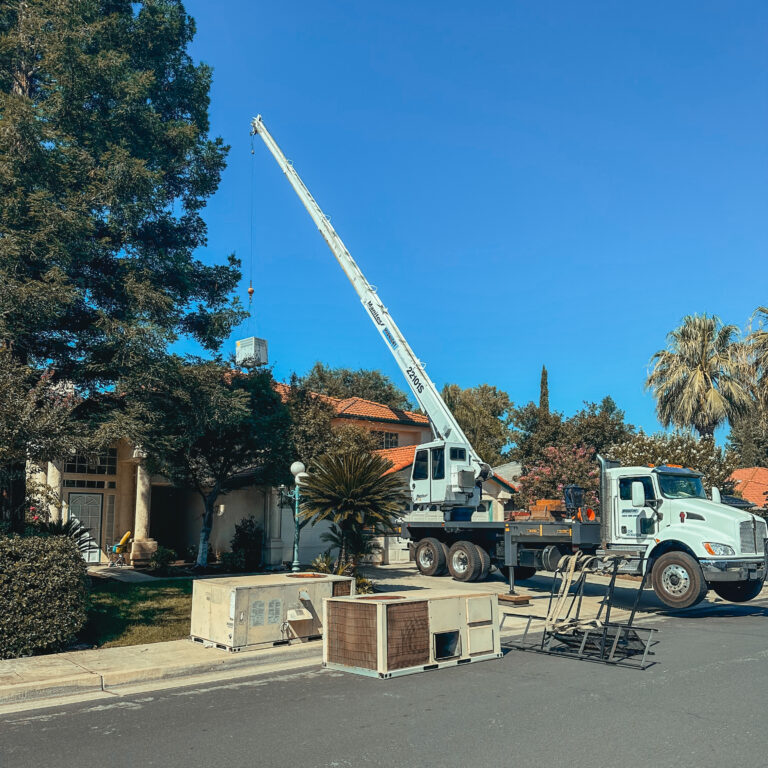As a homeowner, you are always looking for ways to save money on heating and cooling while ensuring your home is always at a comfortable temperature. Traditional heating systems, such as furnaces and boilers, can be expensive to operate and can contribute to harmful greenhouse gas emissions. This is where air source heat pumps come in. They are an energy-efficient and affordable alternative to traditional heating and cooling systems that can reduce your energy bills and carbon footprint. In this guide, we will explore all the details you need to know about air-source heat pumps to help you make an informed decision for your home.
What is an Air Source Heat Pump?
An air source heat pump is a heating and cooling system that uses an outdoor unit to extract heat from the air and transfer it indoors. The system works by circulating refrigerant through a closed network of pipes between the indoor and outdoor units. When the refrigerant absorbs heat from the outdoor air, it evaporates, and the resulting gas is compressed, which increases its temperature. The heated refrigerant is then circulated through the indoor unit, where it releases heat into your home.
Types of Air Source Heat Pumps
There are two main types of air-source heat pumps: air-to-water and air-to-air. An air-to-water heat pump distributes heat through a system of pipes to heat your home’s water and radiators. On the other hand, an air-to-air heat pump distributes heat through a forced-air central heating and cooling system.
Efficiency and Savings
One of the biggest advantages of an air source heat pump is its efficiency. The system can provide up to three times more heating energy than it consumes since it only moves heat around, rather than creating it through combustion. According to the U.S. Department of Energy, homeowners can save up to 50% on their heating bills by switching to an air-source heat pump.
Installation and Maintenance
Installing an air source heat pump requires professional installation, as it requires electrical wiring and refrigerant line installation. It’s essential to work with a certified HVAC contractor to ensure proper installation and operation. Maintenance is also essential to keep your system running efficiently. Annual maintenance should include cleaning and inspecting the outdoor and indoor units, checking refrigerant levels, and inspecting the electrical components.
Cost
The cost of an air source heat pump varies depending on the size of the system and the type of installation. On average, an air source heat pump system can cost between $3,000 to $8,000, including installation, but it’s important to remember that the system can pay for itself in energy savings over time.
Overall, air-source heat pumps are an excellent option for homeowners looking to reduce their energy bills and carbon footprint. With its efficiency and money-saving benefits, it’s no wonder why many homeowners are making the switch. However, it’s important to work with a professional HVAC contractor to ensure proper installation and maintenance. If you are interested in learning more about air source heat pumps, don’t hesitate to contact us at Steve Patrick Air. We are always here to help! Contact us today at 559-224-1729 and let us help you achieve optimal comfort in your home!






